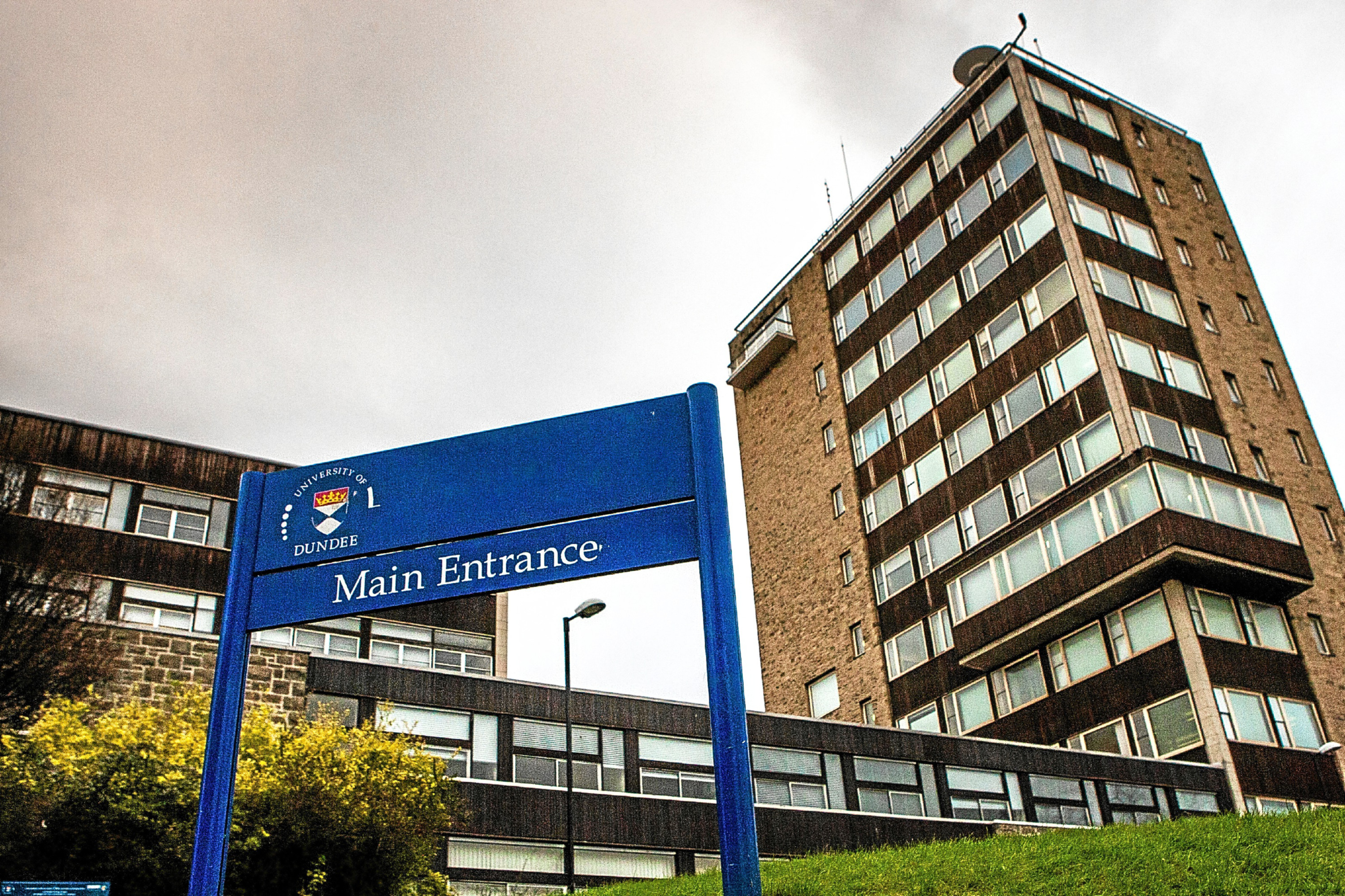UK ministers must follow the Norwegian and Swiss model of accessing key research cash, the principal of Dundee University has said.
Professor Sir Pete Downes said still being able for money from the same sources which already back major projects carried out locally would be the “least bad” option.
Dundee University is seen as a leading light for life sciences, something which helps the institute when seeking financial support.
Asked what he would consider key to any Brexit deal for the univesity sector, Sir Pete said: “Barriers on freedom of movement would be as low as possible. Ensuring the UK retains access to European funding schemes.
“There is access for non-EU countries like Norway and a Switzerland, who can access funds even though they don’t participate in the design of the funding models.”
Norway pays in about £623 million or £119 a head, for access to the European single market and other EU programmes, according to an analysis of data provided by the country’s embassy in the UK by the pro-remain group InFacts.
This means it receives money back from the likes of the EU’s science funding programme.
It is estimated that EU programmes will provide around €120bn to directly support research, development and innovation activities in the UK between 2014 and 2020.
Horizon 2020, the EU’s research and innovation programme, will distribute almost €80bn in funding between 2014 and 2020.
Sir Pete revealed that people involved in the scheme on the continent have already started to question whether or not the money will dry up.
He said: “(There have been) reports from our staff engaged in Horizon 2020 and others reporting conversations with colleagues questioning whether these relationships would continue, whether funding would continue to include UK participants.
“And there has been some disquiet among our own staff irrespective of receiving these inquiries simply saying what’s the point in applying for funding?”
Chancellor Philip Hammond has guaranteed that research projects currently funded by the EU will be “underwritten” by the UK government after Brexit.









